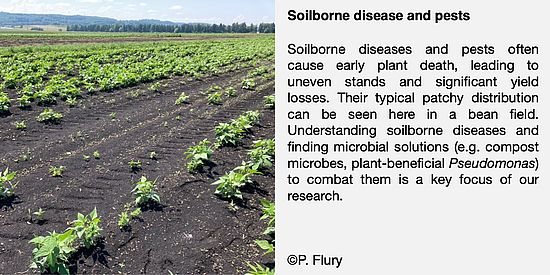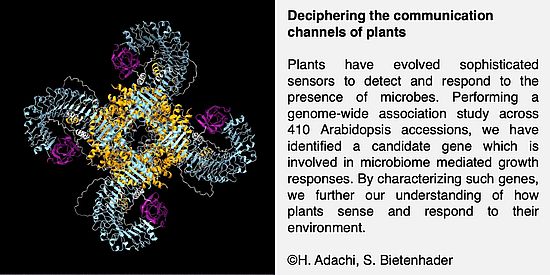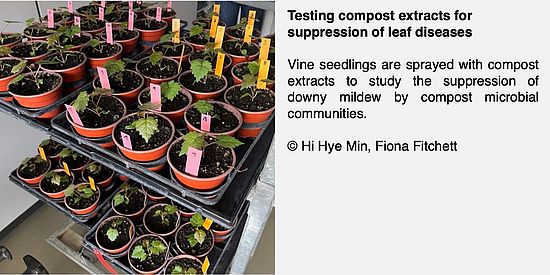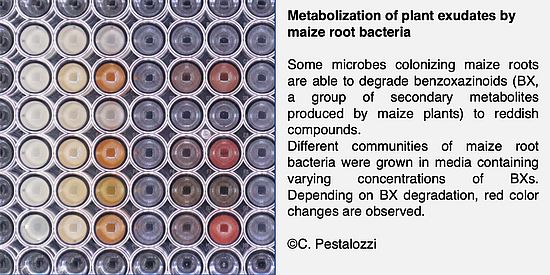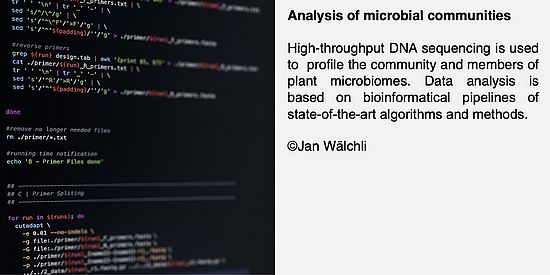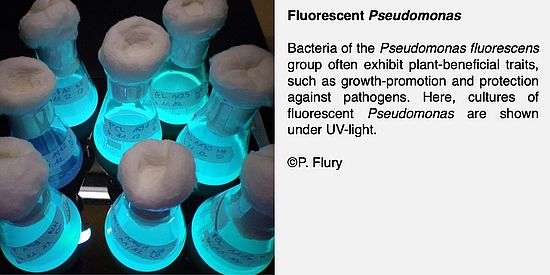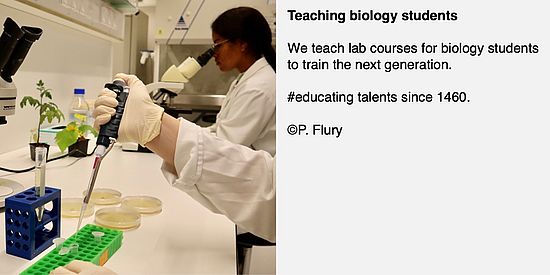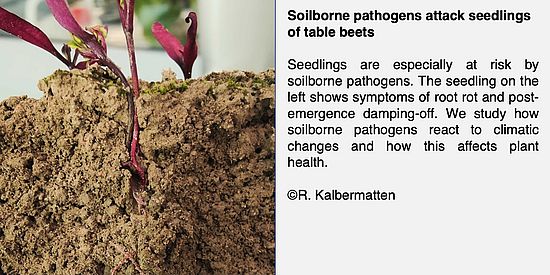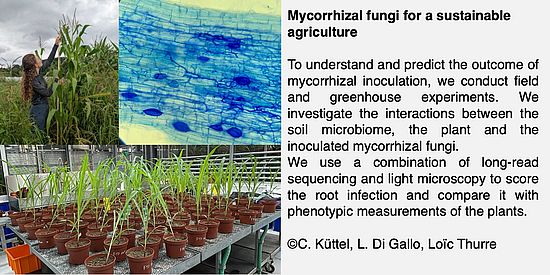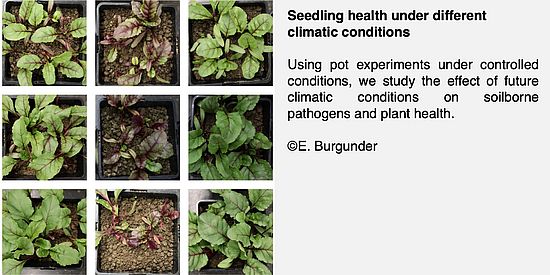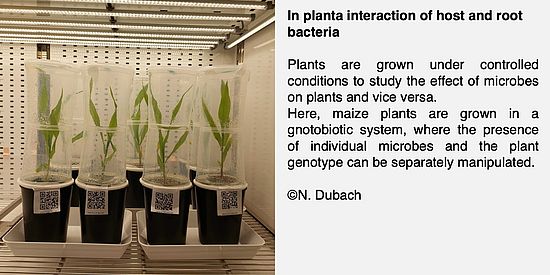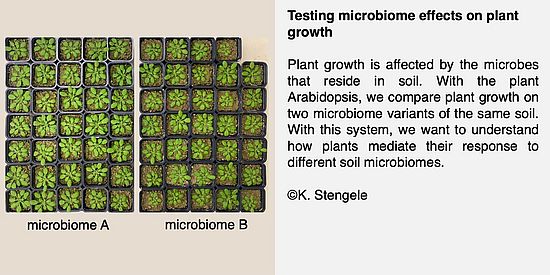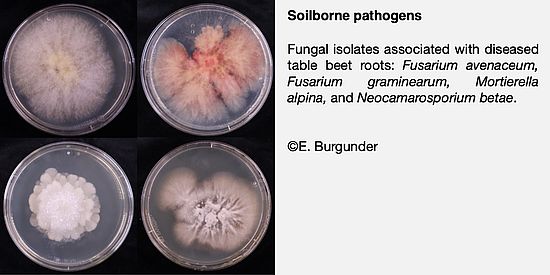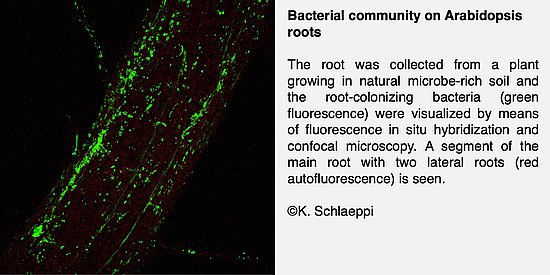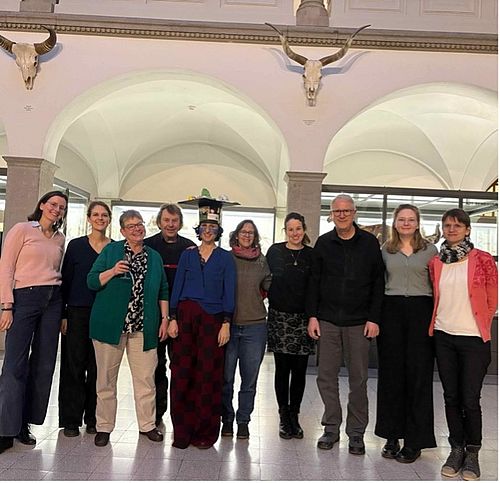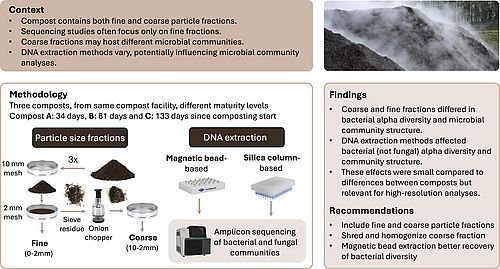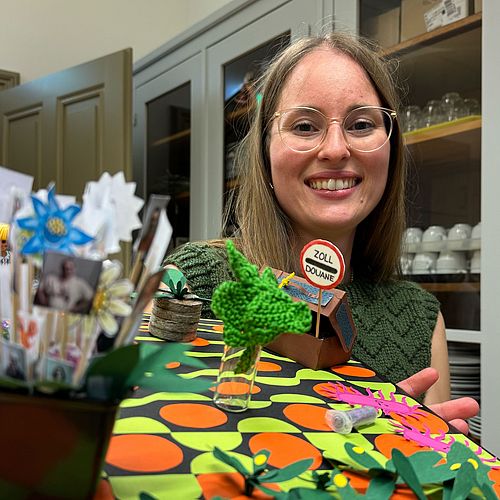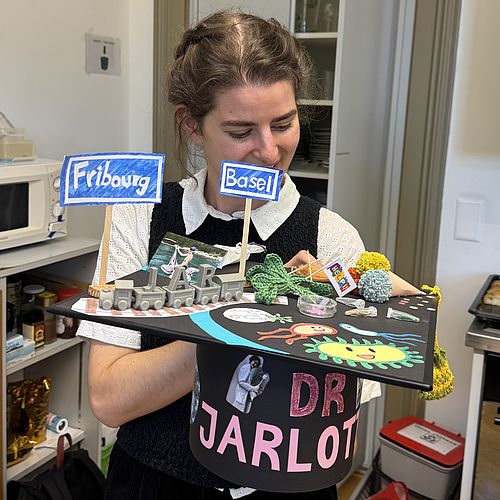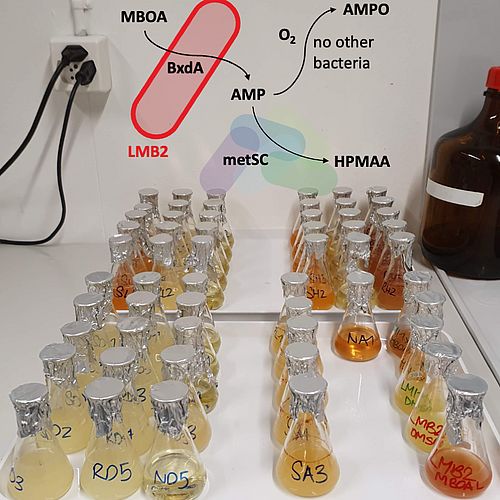About us
Plants accommodate and continuously interact with a species-rich microbiota including a multitude of bacteria, fungi or oomycetes. These microbes collectively function as a microbiome and, similar to the microbial communities in human or animal guts, they impact nutrition and health of their host. For instance, plant microbiota members can improve nutrient acquisition or provide pathogen protection. In our research we address the following fundamental questions of plant microbiome biology:
- How do plants communicate with the root microbiota and take influence on their activities?
- What is the functional contribution of the root microbiota to plant growth and disease protection?
Ultimately, our research mission is that beneficial plant microbiome interactions can be implemented in smart and sustainable agriculture. We mainly work with Arabidopsis thaliana and Zea mays as models and we combine field and laboratory experiments with methods in microbiomics, molecular biology, microbiology, plant genetics and bioinformatics.
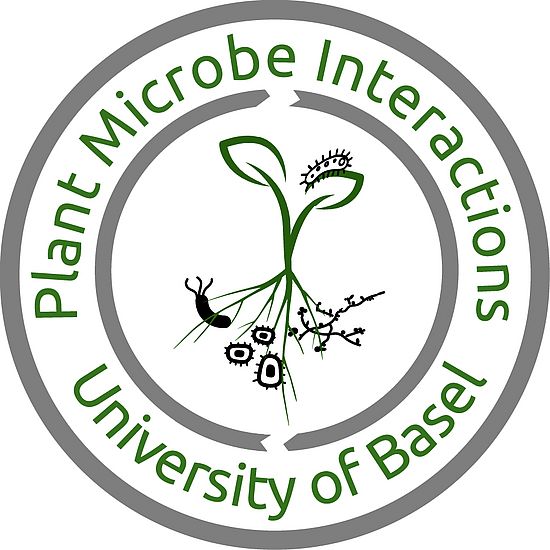
Address
University of Basel
Department of Environmental Sciences
Plant Microbe Interactions
Bernoullistrasse 32
CH-4056 Basel
News
Quick Links
Social Media

